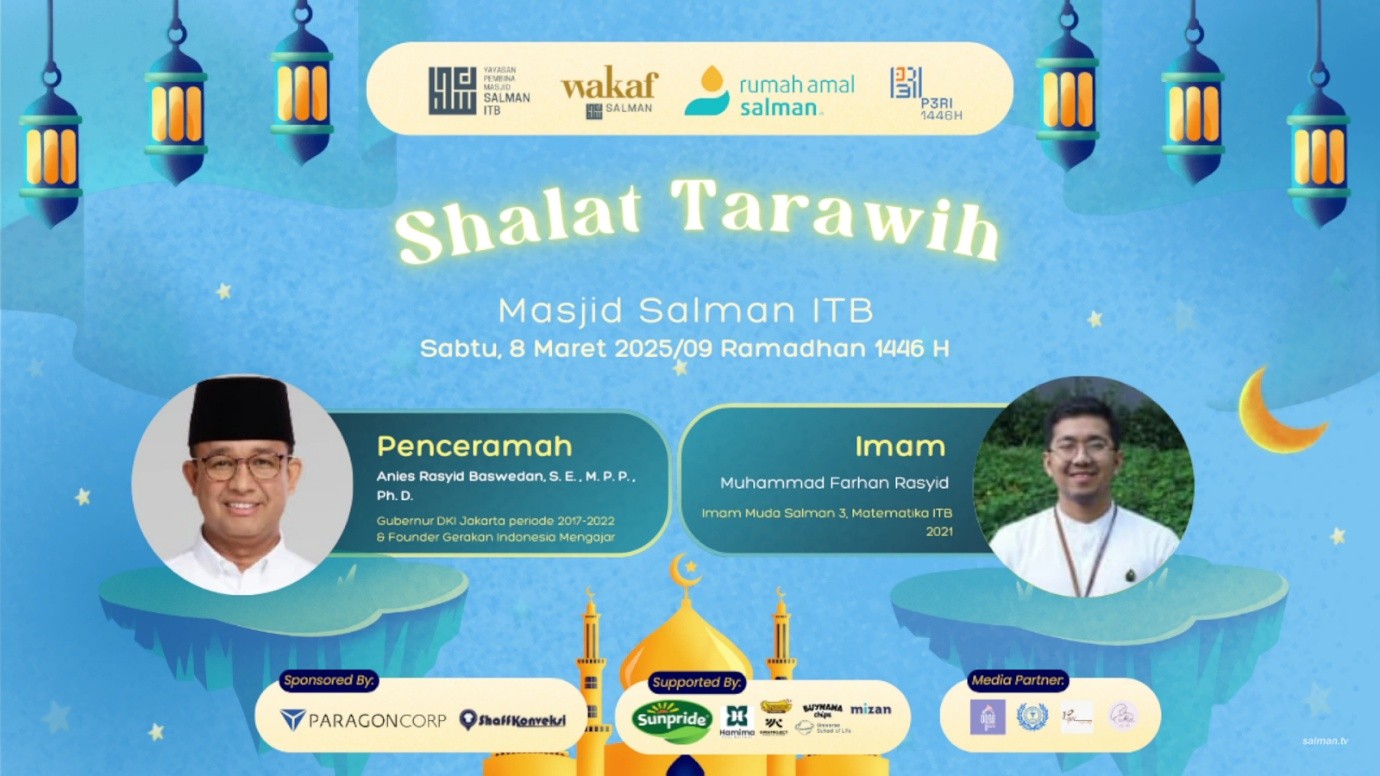Webinar STEI ITB: Open Data Utilization for the Development of e-Democracy in Indonesia
By Adi Permana
Editor Adi Permana

BANDUNG, itb.ac.id – School of Electrical Engineering and Informatics (STEI) Institut Teknologi Bandung (ITB) held an online webinar titled "The Utilization of Open Data in The Development of e-Democracy in Indonesia" on Monday (4/7/2021). This event is the third webinar presented by STEI ITB in commemoration of 101 years of Technical Higher Education in Indonesia (PTTI).
In the webinar, Yudistira explained the definition of open data. According to him, open data is public data that is accessible and can be used by every person or organization to start a new project by analyzing patterns and trends for data-driven decision-making. Open data is also beneficial in solving complex problems.
"Open data is not limited to government-issued or government-related data. Institution and Company have it too. We need to choose carefully which data that is disclosed, and which data can be issued to the public. In conclusion, we should broaden our focus to include business and NGO when discussing open data," said Yudistira.
The Indonesian government has an open data platform that is currently managed by the Presidential Staff Office, that is data.go.id. An electronic-based government system with a high degree of transparency can increase public trust and can initiate community participation in advancing national development.
General Election (Pemilu) is a democratic event that has been providing open data for the public. The 2019 General Election is an advancement from the 2014 general election because it utilizes machine-readable data format. The counted vote data can be displayed on the election website and can be further processed.
According to Yudistira, one form of active participation as an Indonesian citizen is to oversee the election process and compare it with the existing data. Before that, we need to remember that there can be some minor difference that is likely caused by a voter that is registered in multiple voting locations. By comparing the data, we can monitor the rate of the counted vote and notify the election overseer if there are significant differences.
Even though the data that is displayed in the 2019 general election is an improvement from the last year, the table format that is used is still hard to process. To solve this issue, ITB Software and Knowledge Engineering Research Group suggested a new format that utilizes big data analytics to display the map of each province in Indonesia along with its respective vote of each political party.
As a closing remark, Yudistira said that open data brings new research opportunities and business development. The research group itself wants to expand its data analytics range beyond the election, including partnering with BPS. He and his colleagues are also planning to make a prototype of an electronic voting machine.
Reporter: Ristania Putri Wahyudi (Mathematics, 2019)
Translator: Favian Aldilla (Civil Engineering, 2019)

.jpg)
.jpg)



.jpg)